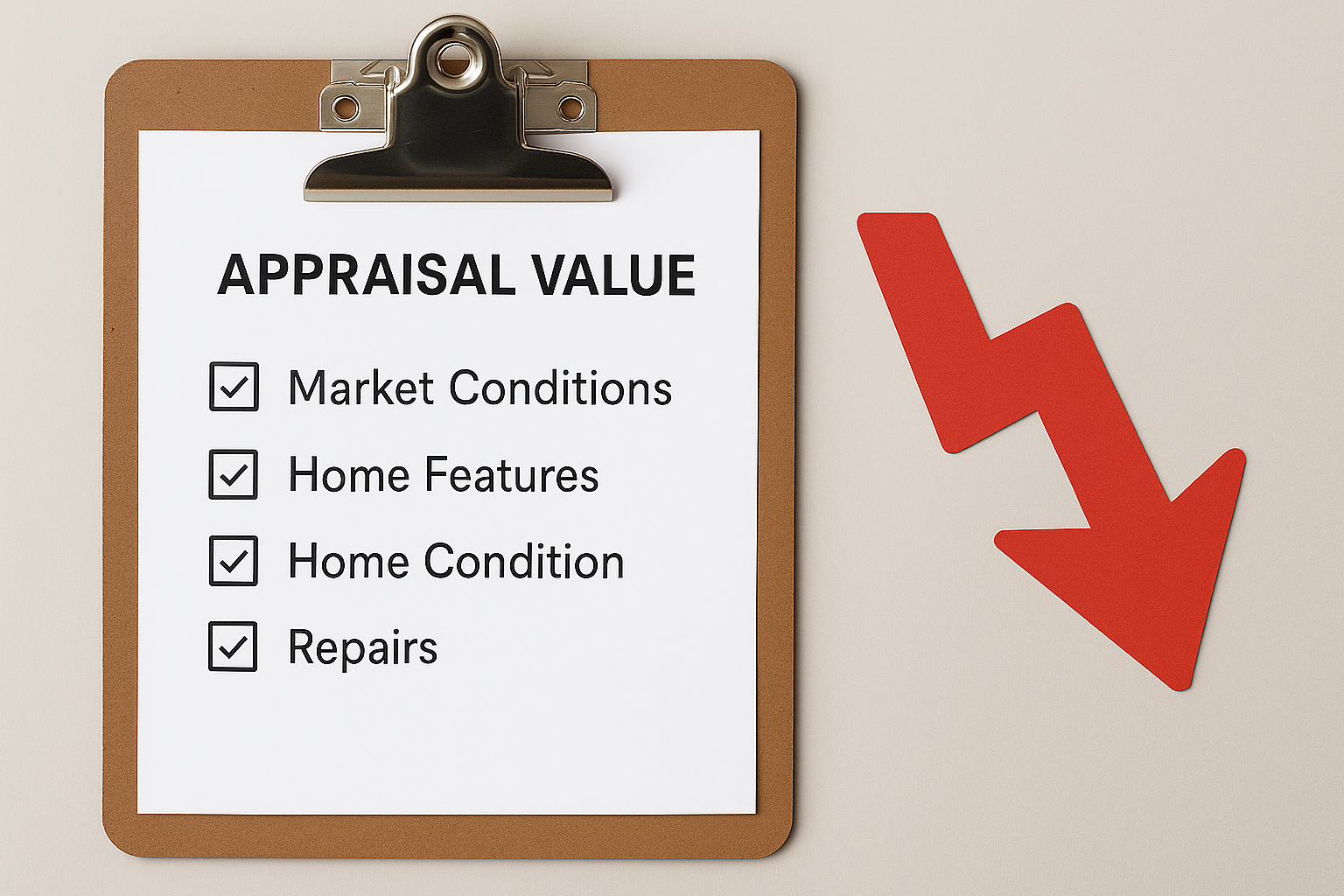A deeper look into mortgage penalties, how they are calculated, and just how you can save. When you apply for a mortgage, you’re already expecting to pay a large sum not only for the debt but the interest it compiles. High interest alone can make it difficult to make payments every month. If only there were a way to stop the cycle.
Good news! You can end up paying much less money by breaking your mortgage contract early. By ending your mortgage early, you’re pocketing all that money that would have gone toward interest for the months and years to come.
But isn’t there a mortgage prepayment penalty and other fees when breaking your mortgage contract? Yes, unfortunately, lenders can sometimes penalize you for paying off your debts faster.
Understanding how these penalties are calculated, though, can help you make an informed choice. Based on this information, you can see if it is worth it to break the contract. In this article, you’ll learn how to calculate the penalties and decide if breaking your mortgage contract will save you money.
Table of Contents
ToggleTypes of Mortgage Penalty
Lenders make money by having you pay interest on the money you’ve borrowed. They don’t just need you to pay back your debt in full, but to pay extra so that they can make a profit.
To charge for a profit, lenders consider many factors. They’ll consider the amount of debt, the length of the contract, and the risk of taking you on as a client.
Changing the length of time, you pay interest can threaten their original calculations.
Mortgages sometimes allow you to pay extra on the principal. Doing so can help you shorten the term of your mortgage. This method can help you lessen the cost of your mortgage without breaking your contract.
Certain actions, however, can trigger penalties.
Some lenders set up different strategies for penalizing you in the case of breaking agreed terms. You’ll need to reference your contract’s prepayment penalty clause to see exactly which methods your lender has decided to put in place. You’ll need to learn about the methods that pertain to your contract to determine whether paying off your mortgage early will benefit you.
Mortgage Penalties – How Are They Calculated?
Lenders lose profit when you take an action that results in you stopping interest payments, so they’ve derived certain methods that help them avoid that loss of interest. These methods often come in the form of prepayment penalties.
Prepayment penalties are usually calculated by lenders so that they equal the amount of interest you would have paid anyway. Sometimes these penalties only apply to the first couple of years of your contract. If your contract includes a loan prepayment penalty, then you should avoid paying off your mortgage early until it expires.
IRD (Interest Rate Differential)
If you have a loan with a lender other than a bank, you might see a standard interest rate differential penalty in your contract. These penalties often end up being more costly than other penalties.
An IRD means that you must consider the remaining balance of your mortgage, your originally discounted interest rate, and the interest rates that the lender is advertising at present.
You’ll have to subtract the lender’s current rate from your original rate to calculate the penalty. Then, you’ll need to multiply your mortgage balance with the months remaining. Multiply those two products together to get your penalty.
There is a variation of the IRD penalty called the discounted interest rate differential, which banks use mostly. The formula stays the same as the standard IRD, except you replace the lender’s current rate with this formula: the lender’s current posted rate for your term multiplied and subtracted by the original discount you received.
Be aware that the discounted IRD penalty is most often thousands of dollars higher than the standard penalty.
3 Months Interest Penalty
If you have a variable rate mortgage, you will most likely see a 3-months interest penalty. This type of penalty means that if you break your mortgage contract, you’ll need to pay the same amount as the amount of interest you would have paid for three months.
For example, if you were paying 3% interest on a $300,000 mortgage, you would be penalized $2,250.
Calculating Penalties vs Interest Savings
Calculating the penalties, you’ll have to pay will do you no good if you don’t calculate your interest savings and other considerations about your financial situation. The first question you should absolutely ask yourself is whether you can afford to make lump sum payments that are much higher than what you originally anticipated.
Mortgage borrowers should be sure that they will still contribute money to their retirements, savings, and emergency fund. Paying off your mortgage isn’t more important than your current financial security.
If you know you can afford to pay off your mortgage faster, then you’ll want to calculate how much money you save in interest. What you save in interest will depend on how your interest is set up in your contract. You’ll need to find and add each month’s worth of interest left on your contract together.
For example, if you took a $150,000 mortgage at 4% over 30 years, then you will have paid almost an extra $108,000 in interest. If you pay off this mortgage 5 years early, you could save almost a thousand dollars in interest. If you pay off the mortgage 20 years early, you could save almost $4,000.
In a perfect world, you could save all this money with no prepayment penalty, but many lenders will charge fees for this. Compare the penalties with your savings to see if breaking your mortgage contract will benefit your unique situation.
Refinance Your Mortgage Now
People can save thousands of dollars in interest when they choose to refinance their mortgage. Lenders can have a prepayment penalty in place to avoid a loss of interest. Still, refinancing professionals can help you understand your contract and choose a method to save you the most money.
Lendtoday.ca is a leading mortgage brokerage in Canada that successfully helps many homeowners get more value out of their homes. Contact us today to start getting back your hard-earned money!
- Leased Land Mortgages in Ontario: How to Qualify and What to Expect - June 30, 2025
- Hard Money Mortgage Lending in Canada: A Homeowner’s Guide - June 9, 2025
- What is Home Equity and How Does It Work? Learn More 2025 - June 6, 2025






